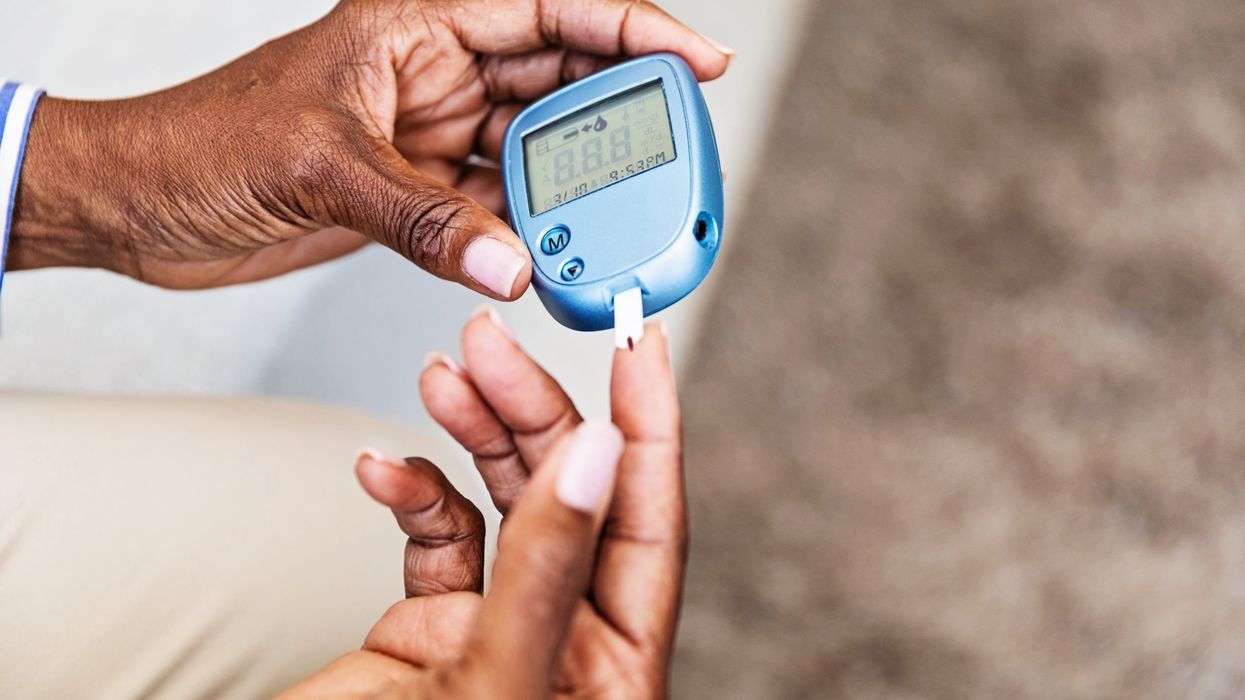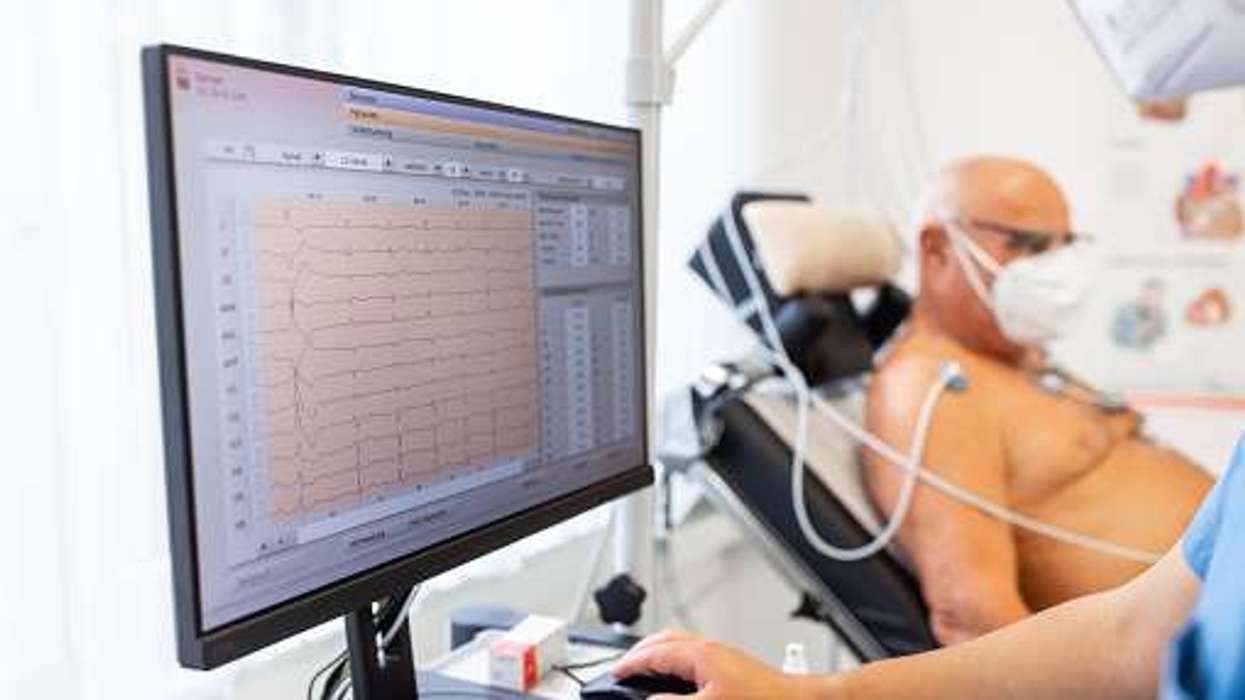Key Summary
- Almost 9 in 10 people with type 1 diabetes and 7 in 10 people with type 2 diabetes experience blame and judgement for their condition
- Many have a simplistic view that people with diabetes are to blame for their condition
- People who experience or internalise stigma are more likely to report depressive symptoms, anxiety symptoms, diabetes distress, and lower self-esteem
A survey by Diabetes UK shows that almost 9 in 10 people with type 1 diabetes and 7 in 10 people with type 2 diabetes experience blame and judgement for their condition.
This is the first UK version of the Diabetes Stigma Assessment Scale, which is a self-report of measures of perceived and experienced stigma related to living with type 1 and type 2 diabetes, carried out in six other countries around the world.
The survey was done by YouGov on behalf of Diabetes UK and funded by Abbott, and is based on responses from 1,608 adults living with diabetes in the UK.
Among the respondents, 8 percent had type 1 diabetes and the rest had type 2 diabetes.
Diabetes stigma arises from misconceptions and misunderstandings of the causes of diabetes and the everyday reality of living with the condition.
Many have a simplistic view that people with diabetes are to blame for their condition and that is commonplace amongst society.
Results showed that 55 percent of people with type 1 diabetes agreed that some people think they need insulin because they ‘can’t look after themselves’.
The survey also found that 53 percent of people with type 2 diabetes agree that there is a negative stigma around the condition being inaccurately labelled a ‘lifestyle disease’.
The report said, "We know from additional research we’ve commissioned that people living with type 1 diabetes and type 2 diabetes can experience the same misconceptions - almost half (48 percent) have personally experienced the misconception that diabetes is caused by eating too much sugar."
Media publications regularly frame type 2 diabetes as being simply the result of “lifestyle choices” – without mentioning the genetic, biological, and environmental factors that can increase the risk of developing type 2 diabetes.
The charity warns that the consequence of blame and judgement towards people living with diabetes takes a toll on the patients.
People who experience or internalise stigma are more likely to report depressive symptoms, anxiety symptoms, diabetes distress, and lower self-esteem.
Diabetes UK chief executive Colette Marshall said, “Diabetes is serious, and as well as managing a relentless condition, far too many people are also dealing with blame and judgment. No one should feel judged for their diagnosis. We must challenge the harmful myths and misconceptions that fuel this stigma and work together to create a society that offers understanding and support, not shaming and stereotyping.”












